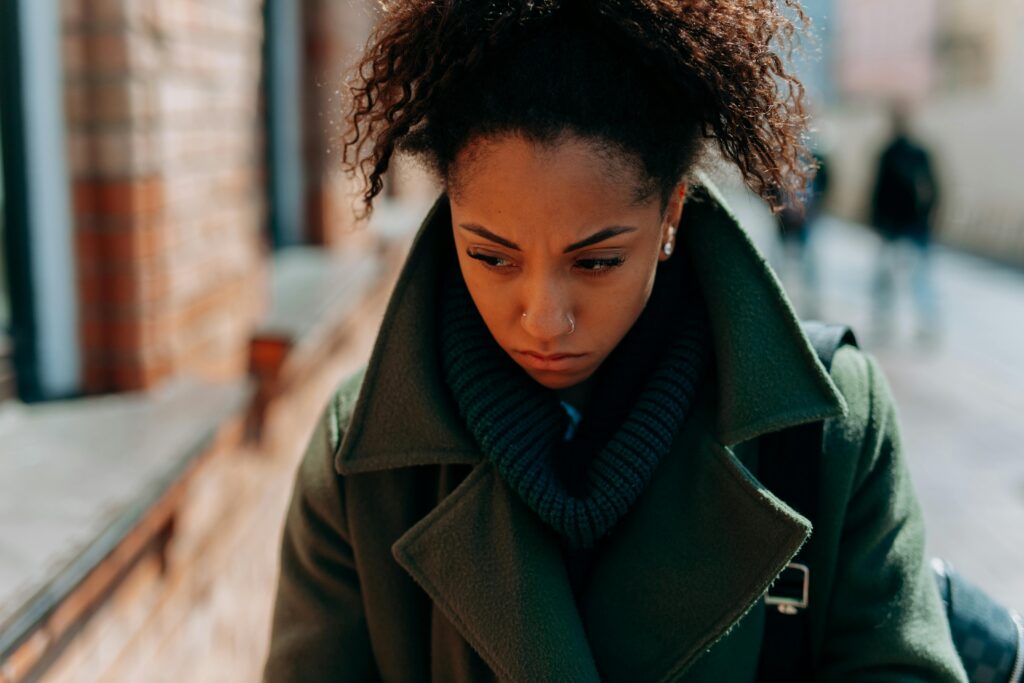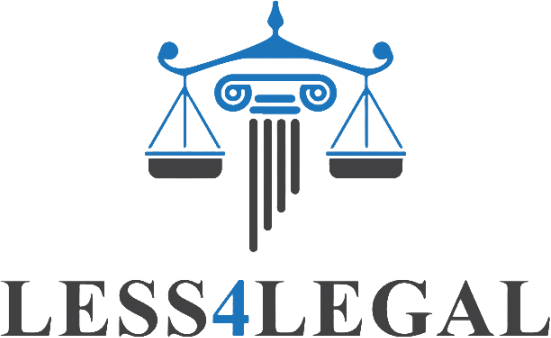
Physical abuse in a marriage is a devastating and dangerous situation that no one should have to endure. Unfortunately, many individuals find themselves trapped in abusive relationships, feeling isolated and powerless. If you are suffering from spousal physical abuse, it is crucial to know that you are not alone and that there are steps you can take to protect yourself and seek help. This comprehensive guide outlines practical actions and resources to help you navigate this difficult and painful experience.
Understanding Spousal Physical Abuse
Physical abuse in a marriage involves any form of physical harm inflicted by one spouse on the other. This can include hitting, slapping, pushing, choking, and any other form of physical violence. The abuse often escalates over time and can have severe physical and emotional consequences for the victim. Recognizing the signs of abuse and understanding that it is not your fault are the first steps toward seeking help and safety.
Immediate Steps to Take If You Are in Danger
- Ensure Your Immediate Safety
- Find a Safe Place: If you are in immediate danger, leave the situation and go to a safe place. This could be a friend’s house, a shelter, or even a public place where you can call for help.
- Call Emergency Services: Don’t hesitate to call 911 or your local emergency number if you are being physically threatened or attacked. Law enforcement can provide immediate assistance and protection.
- Reach Out for Help
- Confide in Someone You Trust: Tell a trusted friend, family member, or neighbor about the abuse. Having someone who knows about your situation can provide emotional support and practical help.
- Contact a Domestic Violence Hotline: Many organizations offer confidential support and advice. They can help you create a safety plan and connect you with local resources.
- Document the Abuse
- Keep a Record: Document incidents of abuse, including dates, times, and descriptions of what happened. Photographs of injuries and any other evidence can be crucial if you decide to take legal action.
- Seek Medical Attention: If you have been injured, seek medical care immediately. Medical records can also serve as important evidence.
Creating a Safety Plan
A safety plan is a personalized, practical plan that includes ways to remain safe while in an abusive relationship, planning to leave, or after you leave. Here are steps to develop a safety plan:
- Identify Safe Areas in Your Home
- Avoid Dangerous Spaces: Know which rooms are safer (e.g., those with an exit) and which ones to avoid (e.g., the kitchen or bathroom where there are more potential weapons).
- Practice How to Get Out Safely: Have a plan for how to leave quickly and practice it if you can.
- Prepare an Emergency Kit
- Pack Essentials: Include important documents (e.g., IDs, birth certificates, legal papers), money, keys, clothes, and medications.
- Keep It Accessible: Store the kit in a safe, accessible place or with a trusted friend or family member.
- Have a Communication Plan
- Code Words: Establish code words or signals with trusted individuals that indicate you need help.
- Emergency Contacts: Have a list of emergency contacts that you can reach quickly.
Legal Steps and Protections
- Understanding Your Legal Rights
- Restraining Orders: A restraining order (or protective order) is a legal order issued by a court to protect you from being abused, threatened, stalked, or harassed. This can include provisions for keeping your abuser away from your home, workplace, and children’s schools.
- Custody and Divorce: If you have children, seek legal advice on custody arrangements that protect you and your children. Consider filing for divorce if you decide that it’s the safest option.
- Filing a Police Report
- Report the Abuse: Reporting physical abuse to the police can initiate an official investigation and may lead to criminal charges against your abuser. This can also provide you with legal documentation of the abuse.
- Seeking Legal Counsel
- Consult an Attorney: An attorney specializing in domestic violence cases can provide advice and representation to help you navigate the legal system and protect your rights.
Emotional and Psychological Support
- Counseling and Therapy
- Professional Help: Seek counseling or therapy to help deal with the emotional and psychological impact of abuse. Many organizations offer free or low-cost counseling services.
- Support Groups: Joining a support group for survivors of domestic violence can provide a sense of community and understanding.
- Self-Care Practices
- Prioritize Your Well-Being: Engage in activities that promote your physical and emotional health, such as exercise, meditation, and hobbies.
- Build a Support Network: Surround yourself with supportive people who respect and care for you.
Long-Term Considerations
- Rebuilding Your Life
- Financial Independence: Work towards financial independence by managing your finances, finding employment, or furthering your education.
- Stable Housing: Look for safe, stable housing options. Many domestic violence organizations offer transitional housing programs.
- Legal and Custody Matters
- Long-Term Legal Plans: Continue to work with legal professionals to address any ongoing legal issues, including custody arrangements and divorce proceedings.
- Ongoing Safety and Security
- Stay Vigilant: Continue to be aware of your safety and take precautions to protect yourself.
- Update Safety Plans: Regularly update your safety plan to reflect any changes in your situation.
Conclusion
For those navigating through legal complexities, whether it’s related to home renovations or other personal matters, it’s crucial to have professional support. If you’re in Florida and need assistance with legal paperwork or divorce paralegal services, reach out to Less4Legal. They specialize in providing reliable and affordable legal help across Florida, ensuring that your legal needs are met with expertise and care.
Reach out to Less4Legal, dedicated to supporting survivors of domestic violence.

